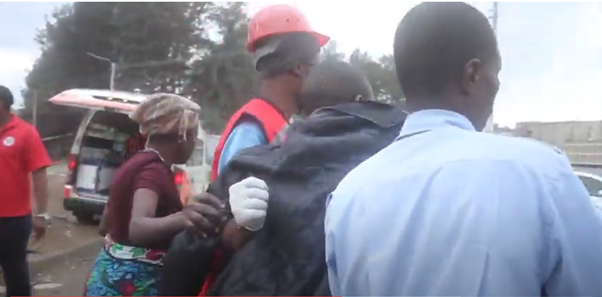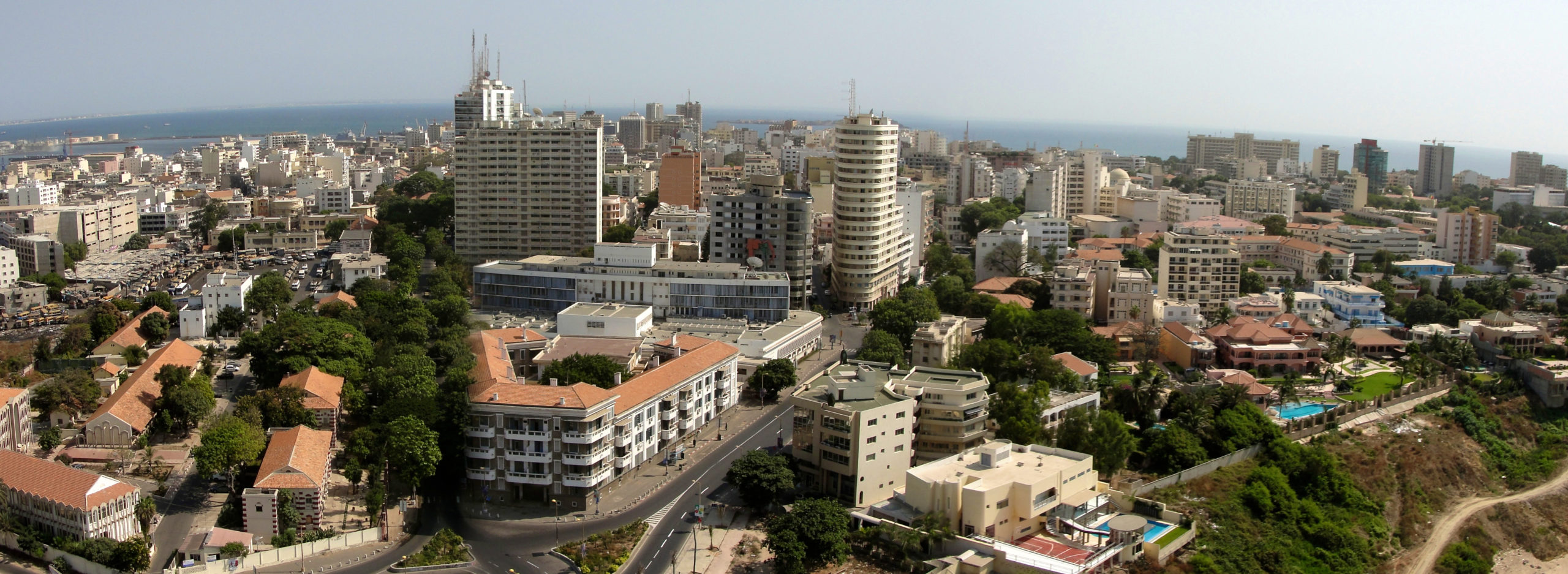Post-election violence has over the years been a norm in many countries. Training humanitarians helps to mitigate the impact of crises that may arise in the event of such emergencies.
Priority number 4 of the Sendai Framework for Disaster Risk Reduction 2015-2030 focuses on the need to further strengthen disaster preparedness for response and take action in anticipation of crisis. One way of achieving this is through the training of existing workforce and voluntary workers in disaster response and strengthening technical and logistical capacities to ensure better response in emergencies.
Training communities in Kenya to ensure better response in emergencies

In Kenya, the Kenya Red Cross Society (KRCS) has a wide network of volunteers trained to respond to crises when they arise. While KRCS has significantly improved the capacity of its teams to respond to disasters through emergency preparedness trainings, gaps in humanitarian negotiation and safer access have been identified during a number of responses most notably during the 2007/08 post-election violence (PEV). Safe Access and negotiation skills for frontline responders are key for effective and efficient response.
It is in light of this that the Academy in collaboration with KRCS saw it necessary to train Red Cross Action Team (RCAT) members as part of the wider mission of having prepared communities who are able to respond to crises effectively. RCAT members are frontline volunteer workers trained and prepared to respond to disasters by delivering timely, effective and innovative assistance.
The trainings targeted RCAT members from 22 counties known to have a relatively high risk to electoral violence. These include Kisumu, Homabay, Nairobi, Migori, Lamu, Baringo, Elgeyo Marakwet, Kericho, Nandi, Isiolo, Uasin Gishu, Kisii, Narok, Mombasa, Kilifi, Kiambu, Nakuru, Trans Nzoia, Bungoma, Meru and West Pokot.
Taking place on various dates between June and July 2017, the trainings used a blended learning methodology: a two-day face-to-face training and online courses on Kaya, the Academy’s learning platform. The two online courses were Personal safety and security (developed by Save the Children International) and Advanced security in the field (developed by UNHCR).
The training sessions were quite interactive and lively as participants shared experiences from the field. They also had role plays on how to negotiate for safe access during conflict. At the end of the training, we were able to capture the do’s and don’ts from each of the counties that we intend to use to develop a simple handbook.
512 RCAT members were successfully trained during the face-to-face session. 269 registered for the online courses on Kaya. So far 150 have successfully completed the personal security and safety course while 119 more are on course to finish.
This course has been very helpful to me, before, whenever I have been called to respond to a crisis, I would normally rush to the scene without pre-assessing the situation only to get stuck mid- way, but now through this training, I have learnt that I need to do a proper assessment is key before I respond to any emergency.



